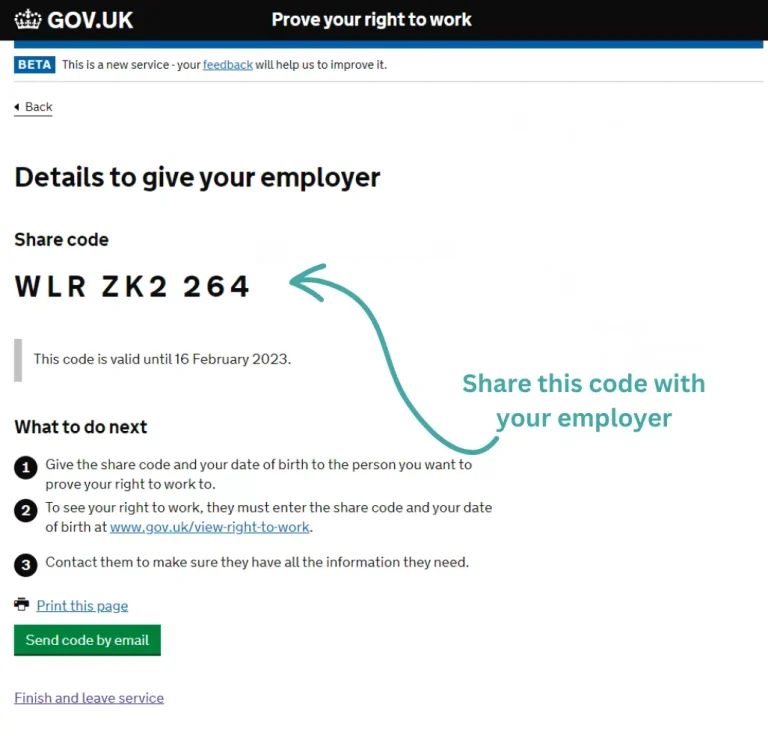Avoiding Civil and Criminal Penalties
In the present climate, it is of paramount importance for employers to diligently perform the mandated document verification processes when onboarding new personnel. Neglecting these procedures not only subjects employers to substantial civil fines but also, since July 12, 2016, the potential risk of criminal prosecution.
The statutory excuse in criminal penalties
The law does not explicitly mandate employers to conduct document checks on every new employee. However, if an employer unintentionally hires an illegal worker, they can avail themselves of the ‘statutory excuse’ to avoid civil penalties, provided they can demonstrate compliance with all required employment-related regulations.
In cases where there is “reasonable cause to believe” that an employee lacks the right to work, employers now face the potential of being charged with a criminal offense, carrying a maximum penalty of up to five years of imprisonment. The precise interpretation of the phrase “reasonable cause to believe” by the courts is yet to be determined. It could conceivably encompass situations of deliberate ignorance, such as when an employer neglects to adequately verify the immigration documents of a new employee.
An employer who diligently follows the specified requirements is likely to evade both civil and criminal consequences in most scenarios, unless there is substantial evidence demonstrating that the employer was aware that the employee did not possess the right to work.
The prescribed requirements
The Immigration (Restrictions on Employment) Order 2007, referred to as “the Order,” outlines the essential ‘prescribed requirements’ that must be adhered to in order to rely on the statutory excuse.
The document verification process, which employers and human resource personnel must adhere to, is structured in three distinct steps:
- Procuring original versions of one or more acceptable documents.
- Validating the documents’ authenticity while in the presence of the document holder.
- Generating and retaining copies of the documents, along with recording the date of the verification.
On July 12, 2016, the Home Office released an updated version of ‘An employer’s guide to right to work checks,’ referred to as “the Guide,” aimed at aiding employers in this process. Additionally, the Home Office offers an online Right to Work checklist to facilitate employers in confirming the necessary documents required in any given situation.
Obtain documents
In order to prevent potential criminal and civil penalties, employers are required to request that each new employee presents the original document or a combination of original documents as specified in both List A and List B of the Immigration (Restrictions on Employment) Order.
List A is applicable to employees who fall outside the scope of immigration control and possess unrestricted stay rights in the United Kingdom.
The documents listed in List A that substantiate an unrestricted right to work comprise:
- A British citizen’s passport.
- A UK-issued birth certificate that includes the name of at least one parent or adoptive parent, or a certificate of registration or naturalization as a British citizen, accompanied by an official document from an employer or government agency that displays the person’s permanent National Insurance Number and their name.
- A document certifying permanent residence or a registration certificate issued to a European Economic Area (“EEA”) national.
- A Permanent Resident Card issued to an EEA national.
- A current Biometric Resident Permit that indicates an individual’s indefinite leave to stay in the UK.
List B enumerates the original documents that individuals with time-limited permission to enter and stay in the UK must furnish.
If an employee is able to furnish a document from List A, the statutory excuse remains applicable throughout the entire duration of their employment. In cases where an applicant submits a document from List B, the employer is obligated to perform supplementary checks at specified intervals. These follow-up checks must be carried out either upon the expiration of the permission indicated on the document or after a six-month period in cases where a Positive Verification Notice has been issued.
Should the immigration status of an employee change during a follow-up check, allowing them to provide a document listed in List A, the statutory excuse will persist for the remainder of the employee’s tenure.
Check documents
To establish eligibility for the statutory excuse, employers must undertake diligent measures to verify the authenticity of the provided original documents and ensure that they belong to the rightful owner. All documents with expiration dates must be presently valid, with the exception of documents indicating British citizenship or EEA nationality.
Employers should also scrutinize any work restrictions indicated on the documents. For instance, international students often possess limited work rights outside their university semesters. Employers hiring such students with these restrictions must request proof of the employee’s academic term and vacation schedule in order to rely on the statutory excuse.
Additionally, employers should compare any photographs and dates of birth on the documents with the appearance of the document holder. An employer who accepts a document that is clearly mismatched with the holder, forged, or indicates the individual lacks the right to work in the UK will be unable to claim this defense.
In situations where there are discrepancies in names across the documents, employers must confirm the reasons behind these differences, which may involve reviewing marriage certificates or divorce decrees. In certain cases, such as when an employee presents a Certificate of Application, Application Registration Card, or has a pending application or appeal, employers are obliged to contact the Home Office to verify the employee’s right to work.
Retain documents
Once the authenticity of the documents has been verified, employers are required to maintain precise records of the examined documents.
For passports and similar travel documents, employers should create copies of the following pages:
- Any page containing the holder’s personal information, including nationality.
- Any page containing the holder’s signature.
- Any page displaying either the document’s expiration date or the date when the permission to work expires.
- Any page containing information indicating that the holder can legally enter or remain in the United Kingdom for the specific work in question.
For all other types of documents, employers must retain complete copies, including both sides of any Biometric Resident Permit or Residence Card. These copies must be stored in a format that is not easily susceptible to alterations.
These records must be preserved for a minimum period of two years following the termination of employment. After this duration, it is advisable to securely dispose of the documents, as retaining them may lead to violations of data protection regulations.
Furthermore, employers should maintain a record of the date when the document was initially checked. Adhering to the prescribed document checks can be intricate, and it is advisable to steer clear of the repercussions of non-compliance. If you have any inquiries regarding your organization’s immigration policies, please do not hesitate to reach out to us.




